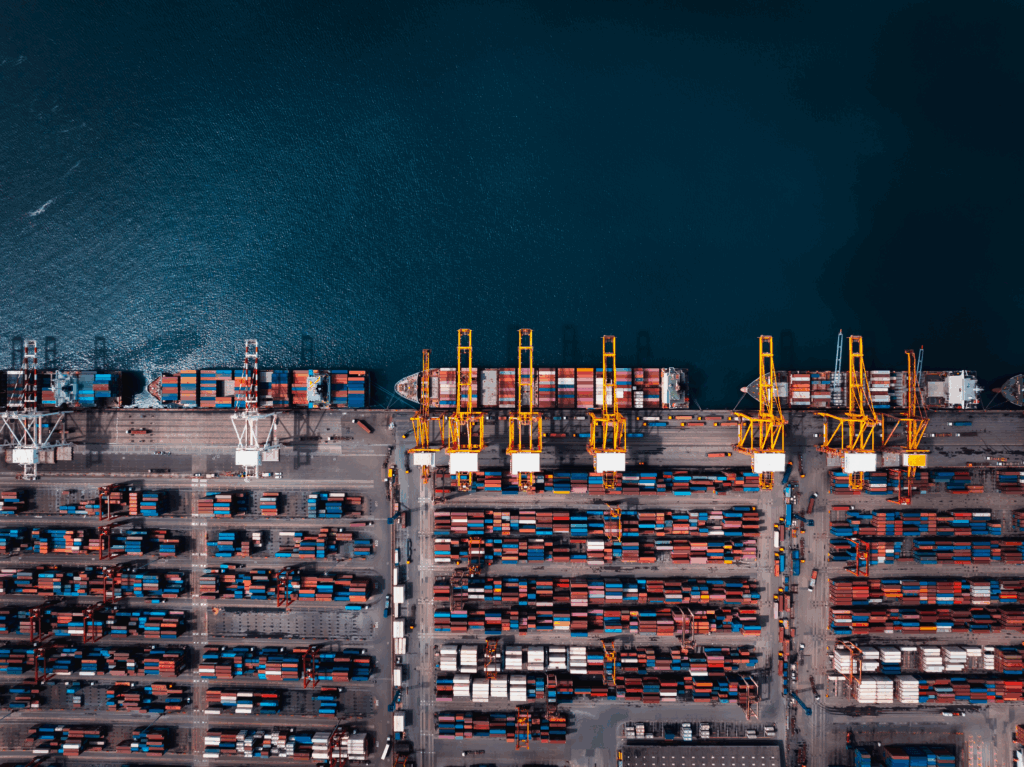On 29 January, Ursula von der Leyen presented a text proposing a “Competitiveness Compass” for the European Union. The measures announced included “enablers”, one of which is based on the idea that “the regulatory burden has become a brake on Europe’s competitiveness”. Starting on 26 February 2025, there will be a review of the draft EU legislation known as the Omnibus, the key aim of which is to “simplify” a set of EU regulations related to the EU’s commitment to corporate sustainability and resilience. This includes the pillars of the European Green Deal.
Among the most at-risk directives are the CSDDD (Corporate Sustainability Due Diligence Directive), approved by the Council of the EU in March 2024, and the CSRD (Corporate Sustainability Reporting Directive), which came into force on 5 January 2023. What exactly is up for discussion?
Note: This article published in Alternatives Economiques was written by Laurence Scialom: the positions taken in it are the responsibility of the author and do not necessarily reflect those of Finance Watch. We would like to thank Laurence Scialom and Alternatives Economiques for authorising its reproduction on this blog.
Considering the Environment
The CSRD aims to ascribe the same level of importance to both financial information and sustainability information. Its major innovation is making “double materiality” (financial and impact materiality) a key tool for identifying the issues to be included in sustainability reports.
This is a major breakthrough: in the context of corporate social responsibility (CSR), only so-called financial or simple materiality generally applies. To put it simply, we are only interested in the impact of environmental, social and governance issues on a company’s accounts and its stock market valuation (if it is listed).
Typically, if a company is highly exposed to environmental, social and governance (ESG) risks due to its location – e.g. flooding, megafires or restrictions on water use – this information must be disclosed to investors because it carries potential implications for the company’s accounts and financial value, and therefore risks for investors. However, the environmental risks or damage generated by the company in a broader sense, such as air or water pollution or harm to biodiversity, are not taken into account.
The EU has decided to go further when it comes to extra-financial reporting by following the principle of double materiality, i.e. looking not only at the impacts of ESG risks on the company, but also at the company’s impacts on its ecosystem. In short, if a company damages its ecosystems, it must disclose this information while continuing to make clear the ESG risks to which it is exposed.
Double materiality therefore recognises that the responsibility of companies and financial institutions is not limited to their financial performance; they must also manage and take responsibility for the actual and potential negative impacts of their decisions on people, society and the environment.
Due Diligence
The CSDDD (Due Diligence Directive) imposes a number of obligations on the companies concerned. It lays down several rules:
- The obligations of companies in relation to actual or potential adverse impacts on human rights and the environment arising from their own activities, those of their subsidiaries, and the operations of their business partners;
- The liability of companies should they fail to meet these obligations;
- The obligation for companies to adopt and implement a transition plan for climate change mitigation, ensuring alignment between their business model and the Paris climate agreement.
These two fundamental texts of the Green Deal, the CSRD and the CSDDD, form a coherent set of regulations that convey a specific vision of corporate responsibility in the Anthropocene. This vision differs significantly from the concept underpinning the principle of shareholder value maximisation.
The responsibility of companies and financial institutions, particularly listed ones, is no longer limited to their financial performance and the creation of shareholder value. They must also manage and take responsibility for the actual and potential negative impacts of their strategies and decisions on people, society and the environment.
This set of EU regulations therefore represents a genuine paradigm shift, re-embedding companies within society and ecosystems more generally. However, there is now a major risk that these achievements will unravel.
An Economic and Strategic Error
This forceful, fast-track attempt to tidy up the text comes as discussions begin regarding the Clean Industrial Deal. The latter marks the start of a new approach by the European Commission aimed at improving the competitiveness of industries contributing to the energy transition. The Green Deal marked the period from 2019 to 2024, while the Clean Industrial Deal, in the wake of the Draghi report, will mark the mandate of the next Commission.
But should we really make a clean break from the achievements of the Green Deal, which gives Europe a leading position in the field of corporate sustainability and resilience and lays the foundations for a potentially more sustainable financial sector? Is there any need for a trade-off between sustainability and competitiveness? For Ursula von der Leyen, the answer seems to be an undisputed yes, which represents a fundamental strategic error.
The European Commission’s conception of competitiveness is excessively restrictive and fails to break away from outdated notions of an economy indifferent to our planetary boundaries. It fails to understand the world of tomorrow and corporate sustainability as a factor in competitiveness. Sacrificing our strategic head start in this area – and the soft power that comes with it – would be a major mistake.
Increasing numbers of countries and companies are beginning to follow the European Union’s sustainability reporting framework. The UK is moving towards the double materiality standard. Most importantly, China is hot on Europe’s heels when it comes to demanding sustainability standards. In February 2024, its three main stock exchanges – Shanghai, Shenzhen and Beijing – announced new guidelines for ESG reporting by listed companies. These are aligned with the concept of double materiality and will come into force in 2026.
A number of countries have also adopted or are in the process of adopting legislation on due diligence, particularly when it comes to human rights. This is the case in South Korea, Australia, the UK, Brazil, Japan and Canada.
Germany is pushing heavily to weaken the European Green Deal, while France, which had been one of its foremost champions, is now showing a willingness to follow the herd and torpedo it. How lacking in strategic vision!
Continuing the Fight
By unravelling the European Green Deal, we are losing our head start and acknowledging that Europe will now focus on adapting to climate change rather than fighting it. We are sacrificing ourselves to a short-term logic of competition between nation states, creating uncertainty for all those involved who are already committed to an ambitious sustainability approach. In doing so, we are penalising the most virtuous. The icing on the cake is that this opening allows China to take on a leading role in the field of sustainability, making it even more attractive to the Global South.
For all that, the matter may not yet be decided, even if there is little hope of a revival given that the authorities in Brussels and certain governments seem to have lost their compass in the face of Donald Trump’s return to office. However, many manufacturers have grasped the important issues at play in this about-face and are opposed to the reopening and renegotiation of the CSRD.
The Collège des directeurs du développement durable (CDDD), which brings together more than 380 CSR directors from major French groups (Bouygues, EDF, Amundi, L’Oréal, Carrefour, Veolia, Lagardère, etc.), has asked the Commission to respect the initial intentions and agenda of the CSRD.
Citizens are also mobilising: more than 160 civil society organisations (NGOs, human rights and environmental campaigners, trade unions, etc.) have opposed the re-examination of the Due Diligence Directive.
A battle for influence is therefore in full swing between those who threaten the foundations of the Green Deal and those who, as advocates of a more sustainable and resilient financial world, are fighting to protect the EU’s achievements in the field of sustainability.
This article was written by Laurence Scialom, Professor of Economics at the University of Paris Nanterre and member of the Board of Directors of the Observatoire de l’éthique publique.








